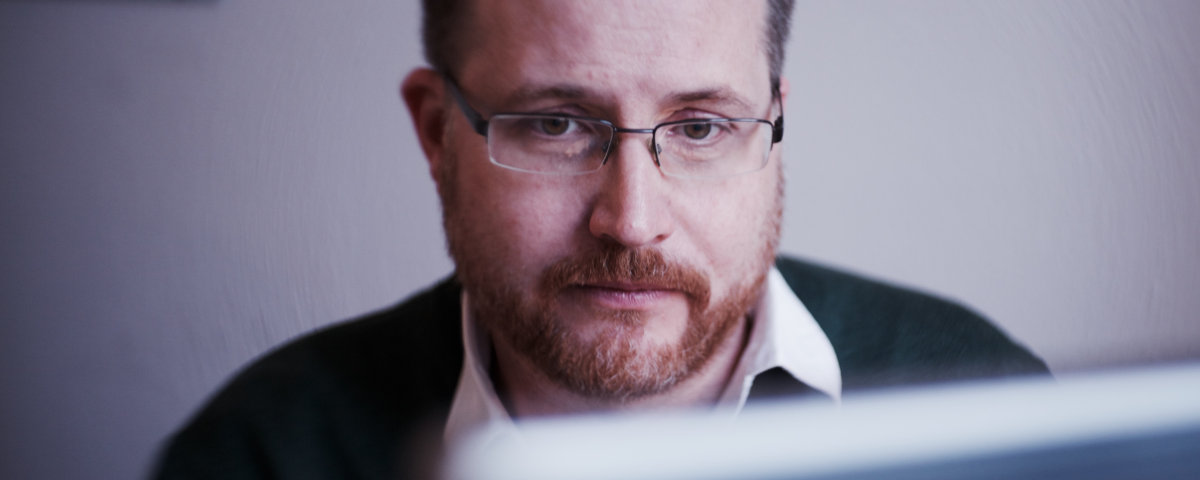A Study on Journalists in Germany, Sweden, and the United Kingdom | 15.07.2019
The Struggle for Talent and Diversity in Modern Newsrooms
The struggle for good young talent is becoming a key challenge for modern media companies / Editors-in-chief and journalism school directors would like to see more diversity / Programs that promote diversity exist only in isolated cases.
The media industry must master digital structural change and remain attractive to young journalists. The search for talent has become more complicated. Editorial departments are competing with tech companies, and at the same time they want to become more diverse. More migrants, more women, fewer upper- and middle-class kids - editors-in-chief and journalism schools want a more colorful social structure. However, concrete support programs for this have only existed in isolated cases so far. This is the result of a qualitative study conducted by a team from the Reuters Institute for the Study of Journalism at Oxford University and the Journalism Seminar at Johannes Gutenberg University in Mainz. The project was supported by the Deutsche Telekom Foundation in the context of its commitment to quality journalism. The foundation awards the Media Prize for Educational Journalism every year.
For the study “Are Journalists Today’s Coal Miners? The Struggle for Talent and Diversity in Modern Newsrooms - A Study on Journalists in Germany, Sweden, and the United Kingdom,” a research team led by Dr. Alexandra Borchardt (Oxford) and Prof. Dr. Tanjev Schultz (Mainz) conducted guided interviews with 18 editors-in-chief and senior editors of leading media in Germany, Sweden and the United Kingdom. In addition, there were interviews with ten directors of important journalism schools as well as surveys of students and journalism students.According to the study, journalism is still a dream job for many young people. But there are also concerns about the many uncertainties in the media industry, and young people are becoming more demanding when it comes to their freedom and work-life balance. “Many young people want to work flexibly, but on their own terms. In editorial departments that demand constant readiness, that can become a problem,” says Tanjev Schultz.
Many young people want to work flexibly, but on their own terms. In editorial departments that demand constant readiness, that can become a problem.
Especially outside the big cities, it is becoming more difficult for media companies to attract and retain highly qualified young talent. In addition, increasing social diversity in newsrooms has so far only been achieved in rudimentary ways. Inadequate language skills are seen as an obstacle to hiring more immigrants and members of ethnic minorities, especially in Sweden and Germany. In addition, in some milieus, a career in journalism is not seen as prestigious.If newsrooms want to gain more diversity, they need to become more active and approach relevant groups in a targeted way. “It doesn’t work to sell the media house as a hip employer via an image campaign if the editorial culture doesn’t fit in. It’s all about allowing diversity and managing it accordingly,” says Alexandra Borchardt.
Dr. Alexandra Borchardt
Director of Leadership Programmes
Reuters Institute for the Study of Journalism
University of Oxford
Tel.: +44 (0) 1865 611 301 Direct
Tel.: +44 (0) 1865 611 080 Institute
Mobile: +49 (0) 173 925 5797
E-Mail: alexandra.borchardt@politics.ox.ac.uk
Prof. Dr. Tanjev Schultz
Journalistisches Seminar
Johannes Gutenberg-Universität Mainz
Alte Universitätsstraße 17 | 55120 Mainz
Tel.: +49 (0) 6131 39-39 300 / - 39 305
E-Mail: tanjev.schultz@uni-mainz.de
Dr. Julia Lück
Journalistisches Seminar
Johannes Gutenberg-Universität Mainz
Alte Universitätsstraße 17 | 55120 Mainz
Tel.: +49 (0) 6131 39 -37 157
E-Mail: lueck@uni-mainz.de
Daniel Schwitzer
Referent Kommunikation
Deutsche Telekom Stiftung
Tel.: +49 (0) 228 181-92021
E-Mail: daniel.schwitzer@telekom-stiftung.de
